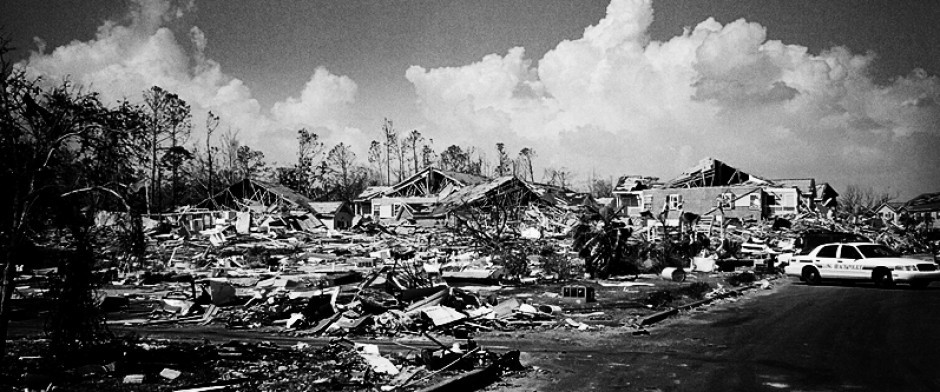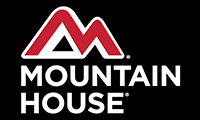The public is being provided very little information regarding the military’s response to the Ebola outbreak in West Africa. If large numbers of Americans become infected with Ebola, it will be critical to know what works and doesn’t work to protect and decontaminate yourself from Ebola. As such, one of the most critical pieces of information to know is what the US military is currently using as a decontamination agent for Ebola. The public may know about bleach and UV decontamination, but are being told nothing about the military’s latest frontline chemical agent against Ebola. The Department of Defense (DoD) is currently buying this chemical by the tanker. In fact, the DoD has essentially bought up the world’s market of this highly effective chemical and yet, you have probably never heard of HOCL. If you haven’t heard of HOCL, you need to. HOCL is hypochlorous acid, a natural part of our immune system and is produced in small amounts in our white blood cells as a component that works to fight infection and reduce inflammation. Manufactured HOCL is an antimicrobial solution that eradicates the full spectrum of pathogens such as bacteria, viruses including Ebola, spores, and fungi like Athlete’s Foot. Unlike other caustic decontamination agents, HOCL is all-natural, highly-effective, and safe to use on humans and animals. Familiar chemicals like hydrogen peroxide and bleach are cytoxins (toxic to cells). They break down the structure of cellular tissue, can cause chemical burns in higher concentrations, and can cause separation of organics (the removal of dyes from fabrics and other porous surfaces). HOCL, in comparison, is all-natural, safe, and non-toxic. Unlike current chemicals used for decontamination such as bleach that will burn the skin, eyes, and lungs, you could bathe in HOCL and experience no ill effects. It is an antimicrobial biocide that does not break down cellular tissue and only works to eradicate pathogens. Although HOCL is 100 times more powerful than bleach, it does not cause separation of organics, so it doesn’t matter if you spill it on your clothes. Specific to Ebola decontamination, the military loves HOCL because it neutralizes Ebola on contact across a wide temperature range unlike bleach, which must be applied in dangerously high concentrations and is only effective in a narrow temperature band. This allows decon teams to mist HOCL and wash a person down without the fear of chemical burns to their skin, eyes, and lung tissues. It is equally suitable decon of equipment, vehicles, and buildings. It also can be medically used to disinfect and irrigate wounds. Further, unlike alcohol based hand sanitizers, which are NOT effective against Ebola, are not good for your skin, and takes over two minutes to neutralize the bacteria they do work on, HOCL works on contact against the full range of pathogens. In fact, you can simply squirt HOCL, which appears like water, on your hands as a much safer and more effective hand sanitizer. Respective of supply and logistics, HOCL is also very attractive. HOCL is also very stable to store and is not flammable like alcohol making it safe to transport and on planes. HOCL also doesn’t degrade in the sunlight like Hydrogen Peroxide and doesn’t lose its potency over time like bleach. The only problem the DoD has run into is that it can’t get enough of it. Currently, General Rodriguez of Africa Command and the Defense Threat Reduction Agency (DTRA), which is a DoD agency, have procured nearly everything they can get their hands on and are shipping it to West Africa and stockpiling it here. As a LMS reader, we strive to get you insider information before it becomes general public knowledge. In the case of HOCL, we are giving you the chance to educate yourself and procure HOCL while you still are able. Once the information gets out that HOCL is becoming the chemical of choice for both the DoD and hospitals to clean and decontaminate people, equipment, and facilities, there will be a huge spike in demand. Even at current procurement rates, there isn’t enough to source market demand. HOCL is an absolute necessity not just for Ebola, but any pandemic preparedness. As we enter the flu season, you should consider building a regular stockpile of HOCL that you use and rotate regularly to keep you and your family safe and healthy. I welcome you to research the chemical and find the best sources; however, I have found that the HOCL products made by a company called Briotech are excellent and still available. You can find them at http://briotechusa.com/ By Guiles Hendrik October 30, 2014
Last Minute Survival
It's never too late to prepare



